lifepo4 battery pack for electric car
标题:Lithium Iron Phosphate (LiFePO4) Battery Packs for Electric Cars: A Sustainable Choice for the Future

Introduction:
The automotive industry is undergoing a profound transformation, with electric vehicles (EVs) rapidly gaining traction as a sustainable and eco-friendly alternative to traditional combustion engines. At the heart of this revolution lies the lithium-ion battery, particularly the Lithium Iron Phosphate (LiFePO4) battery pack, which has emerged as a preferred choice for powering electric cars. With the increasing focus on green energy and the need for reliable energy storage solutions, LiFePO4 battery packs are paving the way for a cleaner, more efficient future. In this article, we explore the benefits, challenges, and future prospects of LiFePO4 battery packs for electric cars.
正文:
The Rise of Lithium-Ion Battery Solutions for Electric Cars
The global shift towards electric vehicles has driven significant advancements in battery technology. Lithium-ion batteries, known for their high energy density and long cycle life, have become the backbone of the EV industry. Among various lithium-ion chemistries, Lithium Iron Phosphate (LiFePO4) stands out as a promising option for electric car batteries.
LiFePO4 batteries are increasingly favored due to their inherent safety, thermal stability, and low environmental impact. Compared to other lithium-ion chemistries, such as Cobalt-based batteries, LiFePO4 uses more sustainable and abundant materials like iron and phosphate, reducing reliance on rare earth elements. As the world grapples with supply chain challenges and the need for more sustainable energy storage solutions, LiFePO4 batteries are positioned as a key player in the EV market.
The Case for LiFePO4 Batteries in Electric Cars
LiFePO4 batteries offer several advantages that make them ideal for electric vehicle applications:
Safety and Thermal Stability: LiFePO4 batteries are inherently safer than other lithium-ion chemistries because they are less prone to thermal runaway. This makes them a safer choice for electric cars, especially in terms of preventing accidents and ensuring passenger safety.
Long Lifespan: With a calendar life of over 10 years and up to 5,000 cycles, LiFePO4 batteries are highly durable and suitable for the demanding requirements of electric vehicles.
High Energy Density: While LiFePO4 batteries may not offer the highest energy density compared to other chemistries, they strike a balance between energy density, safety, and cost-effectiveness, making them a practical choice for mass-market EVs.
Environmental Benefits: The use of iron and phosphate in LiFePO4 batteries reduces the reliance on scarce and environmentally problematic materials like cobalt. Additionally, LiFePO4 batteries have a lower carbon footprint across their lifecycle compared to other battery types.
Challenges in the LiFePO4 Battery Supply Chain
Despite their advantages, the widespread adoption of LiFePO4 batteries for electric cars is not without challenges. The supply chain for LiFePO4 batteries faces several hurdles, including:
Raw Material Availability: While iron and phosphate are abundant, their extraction and refining require careful management to prevent environmental degradation. Geopolitical tensions and trade restrictions can also impact the availability of these materials.
Production Costs: The cost of producing LiFePO4 batteries is still higher than that of lead-acid batteries, making them less economical for some applications. However, advancements in production techniques and economies of scale are expected to reduce costs in the near future.
Recycling Infrastructure: As the number of electric vehicles grows, the need for efficient battery recycling becomes critical. Currently, the recycling infrastructure for LiFePO4 batteries is not as developed as that for lead-acid batteries. Establishing robust recycling programs is essential to minimize waste and extract valuable materials for reuse.
The Role of Home Energy Hub and Integrated Energy Storage Systems
The demand for reliable energy storage solutions extends beyond electric vehicles. With the increasing adoption of renewable energy sources such as solar and wind, the need for efficient energy storage systems has never been greater. This is where Home Energy Hub and integrated energy storage systems come into play.
A Home Energy Hub is a smart device that manages energy consumption in a household, optimizing the use of renewable energy and stored power. When paired with an integrated LiFePO4 energy storage system, Home Energy Hubs can provide a seamless solution for managing energy consumption, reducing grid dependency, and minimizing electricity costs.
The Importance of Sustainable Energy Storage Solutions
The transition to renewable energy and electric vehicles hinges on the availability of efficient and sustainable energy storage solutions. As the world shifts towards green energy, the demand for lithium-ion battery solutions and integrated storage systems will continue to grow.
One of the key advantages of LiFePO4 batteries is their suitability for renewable energy storage. Their long lifespan and high efficiency make them ideal for storing excess solar or wind energy, which can then be used during periods of low generation. This not only enhances grid stability but also reduces the carbon footprint associated with energy production.
The Road Ahead: Addressing Supply Chain Challenges
The global shift to lithium-ion batteries, particularly LiFePO4, has highlighted the need for a robust and sustainable supply chain. Ensuring the ethical and environmentally responsible extraction, processing, and recycling of raw materials is critical to the long-term viability of the battery industry.
Efforts are underway to address these challenges, including the development of new mining techniques, the implementation of responsible sourcing practices, and the establishment of recycling programs. Additionally, governments and industry leaders are collaborating to create policies and incentives that promote the adoption of sustainable battery technologies.
:
As the world continues to embrace electric vehicles and renewable energy, the role of LiFePO4 batteries in driving this transformation becomes increasingly apparent. With their safety, durability, and environmental benefits, LiFePO4 batteries are a cornerstone of the sustainable energy storage solutions needed to power the future.
For those looking to adopt green energy and energy-efficient technologies, integrating a LiFePO4 battery pack into their electric vehicles or home energy systems presents a viable and sustainable option. By addressing supply chain challenges and promoting responsible practices, the battery industry can ensure that these innovative solutions continue to shape a cleaner, more energy-efficient world.
BasenPower is at the forefront of this innovation, offering high-quality lithium-ion battery solutions and integrated energy storage systems. Whether you’re looking to power your electric car or manage your home’s energy needs, BasenPower provides reliable and sustainable solutions that meet the demands of today’s green energy landscape. Visit our website to learn more about our products and services.
Alt Text for Images:
Featured Image: “A lithium iron phosphate (LiFePO4) battery pack for an electric car, highlighting its safety and efficiency.” (High-quality image of a LiFePO4 battery pack, with arrows indicating energy flow and safety certifications.)
Infographic: “The advantages of LiFePO4 batteries in electric vehicles.” (Visual representation of key benefits, such as safety, lifespan, and environmental impact.)
Graph: “Global demand for LiFePO4 batteries, 2020–2030.” (Projection showing steady growth in demand, with key drivers highlighted.)

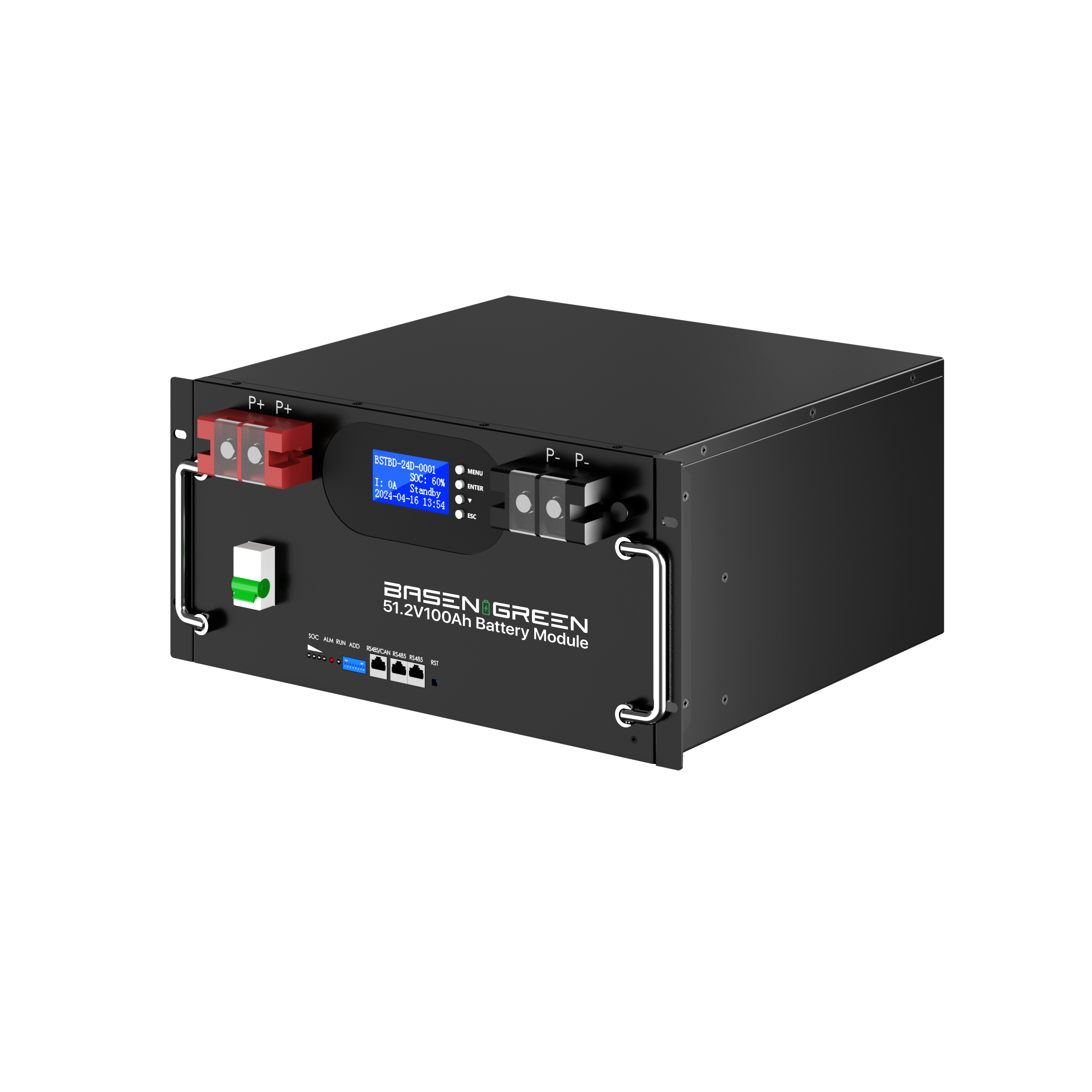
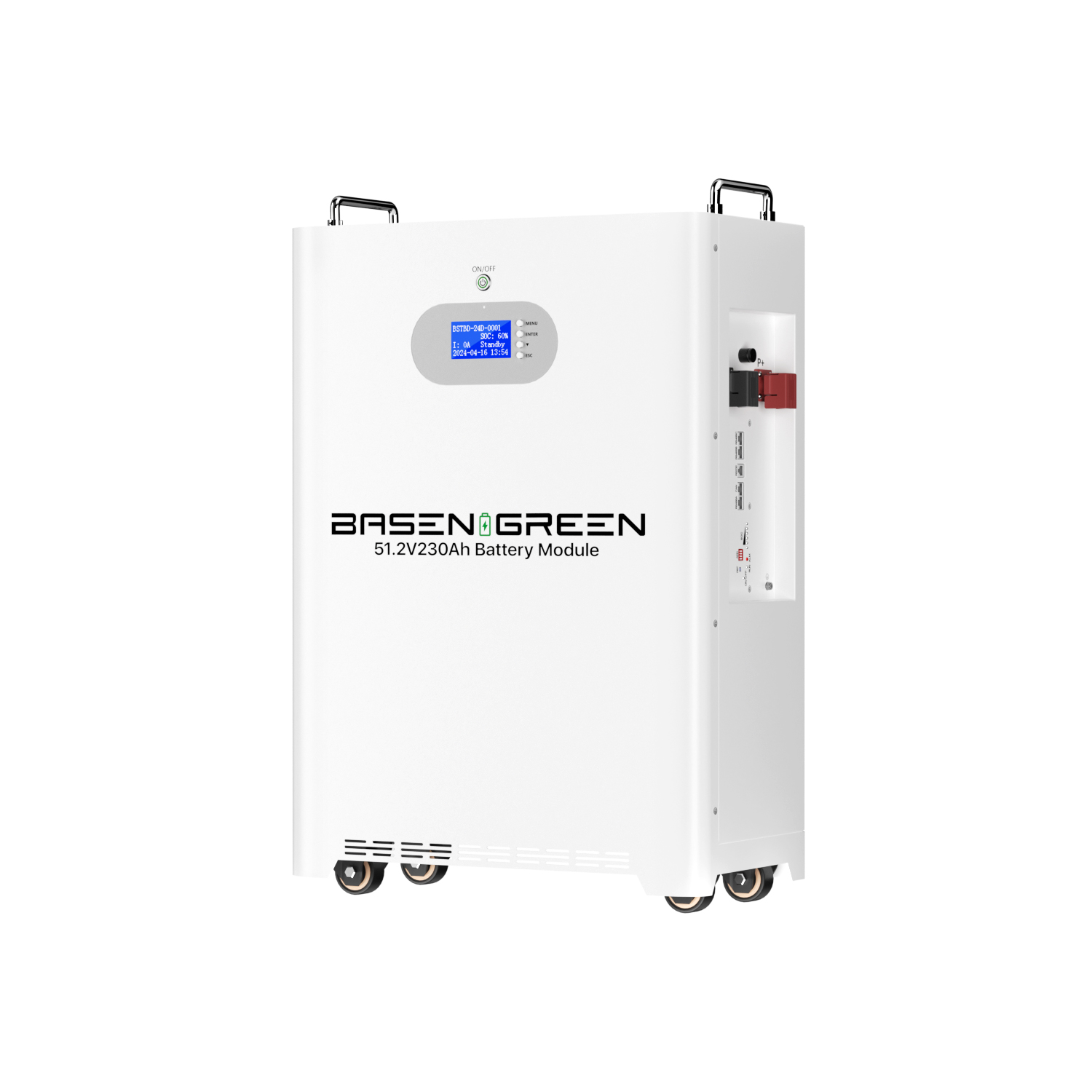
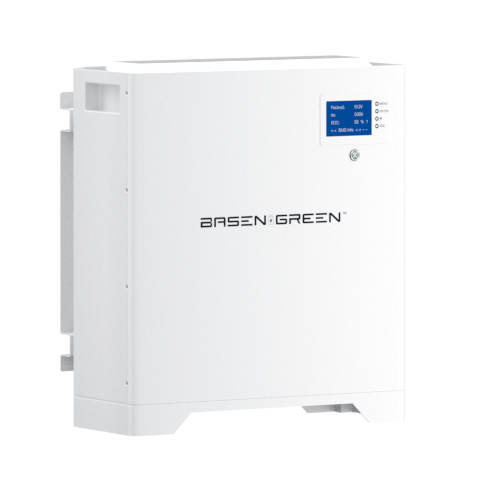
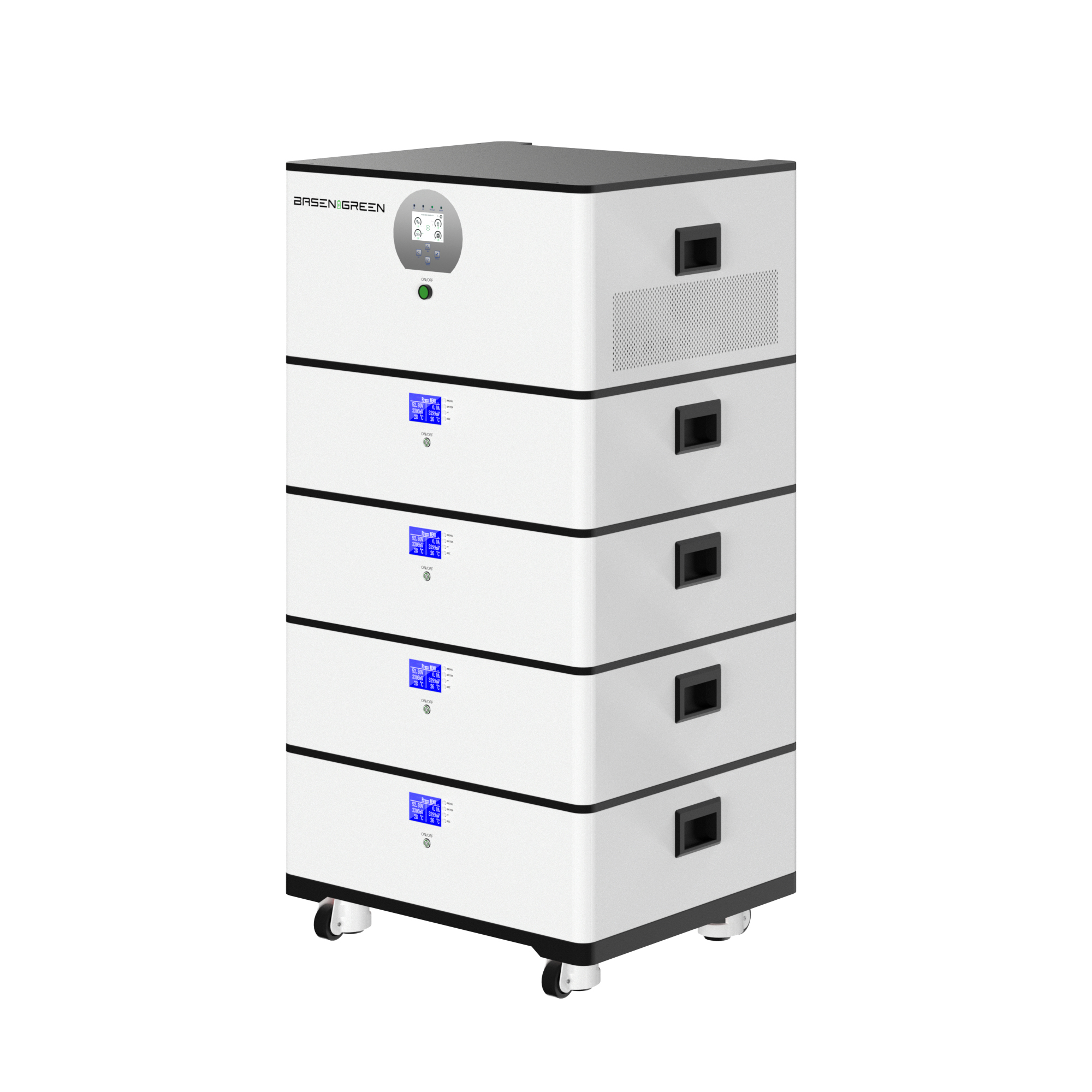

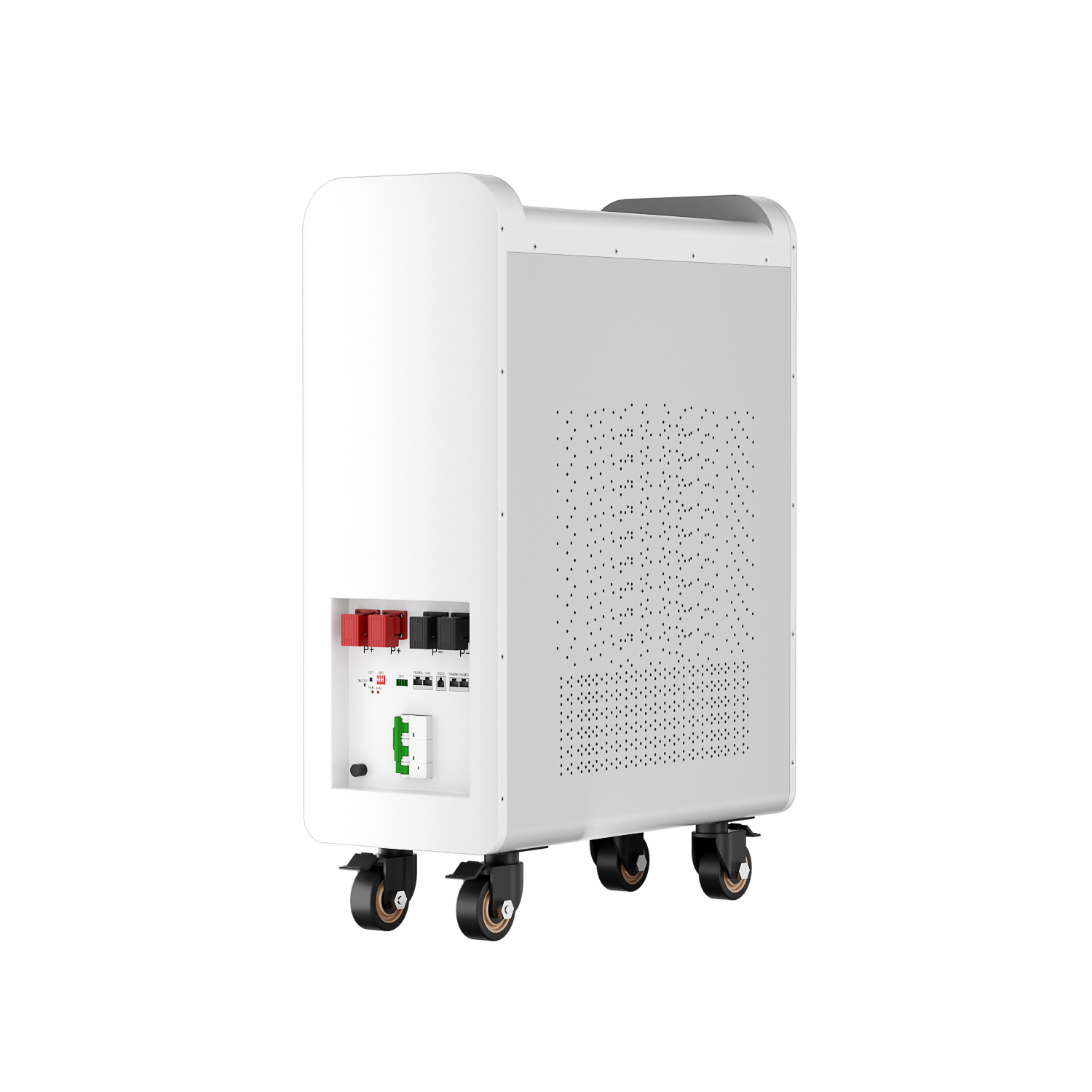
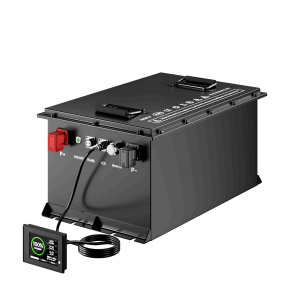
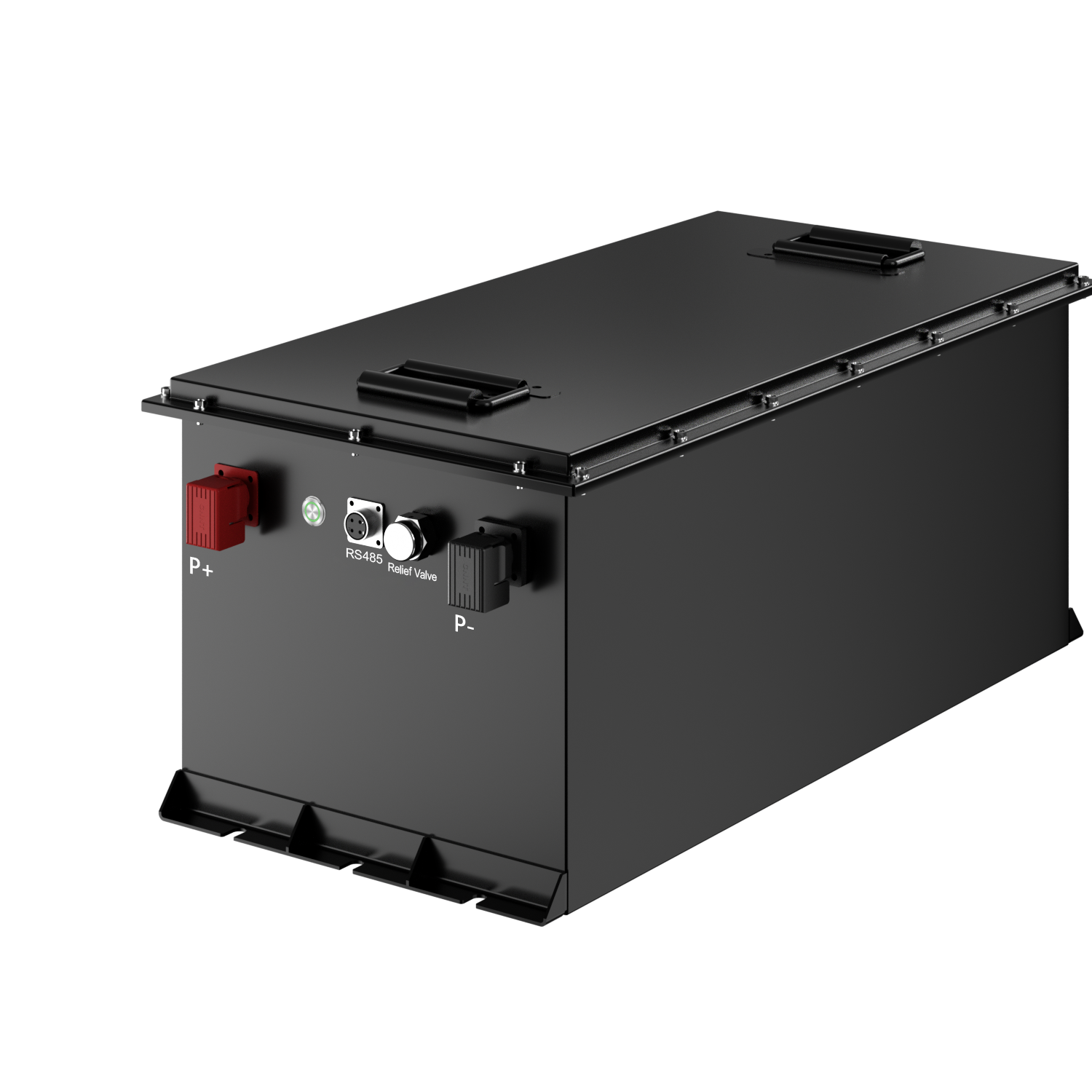
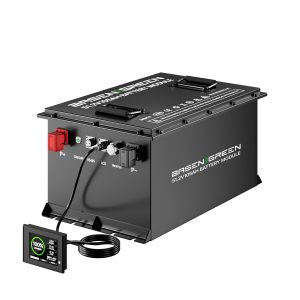
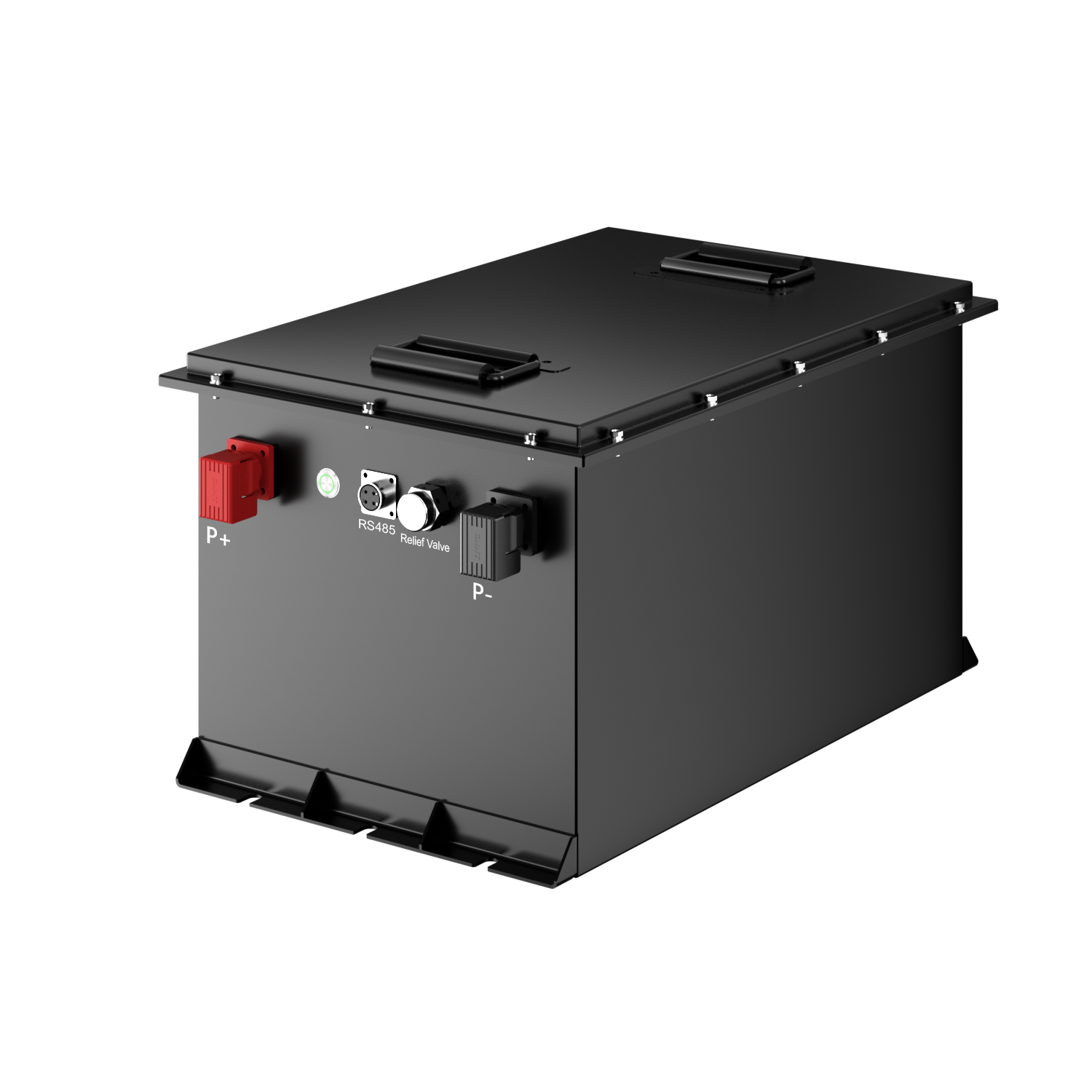
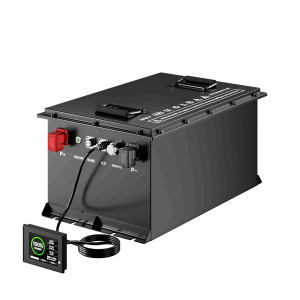
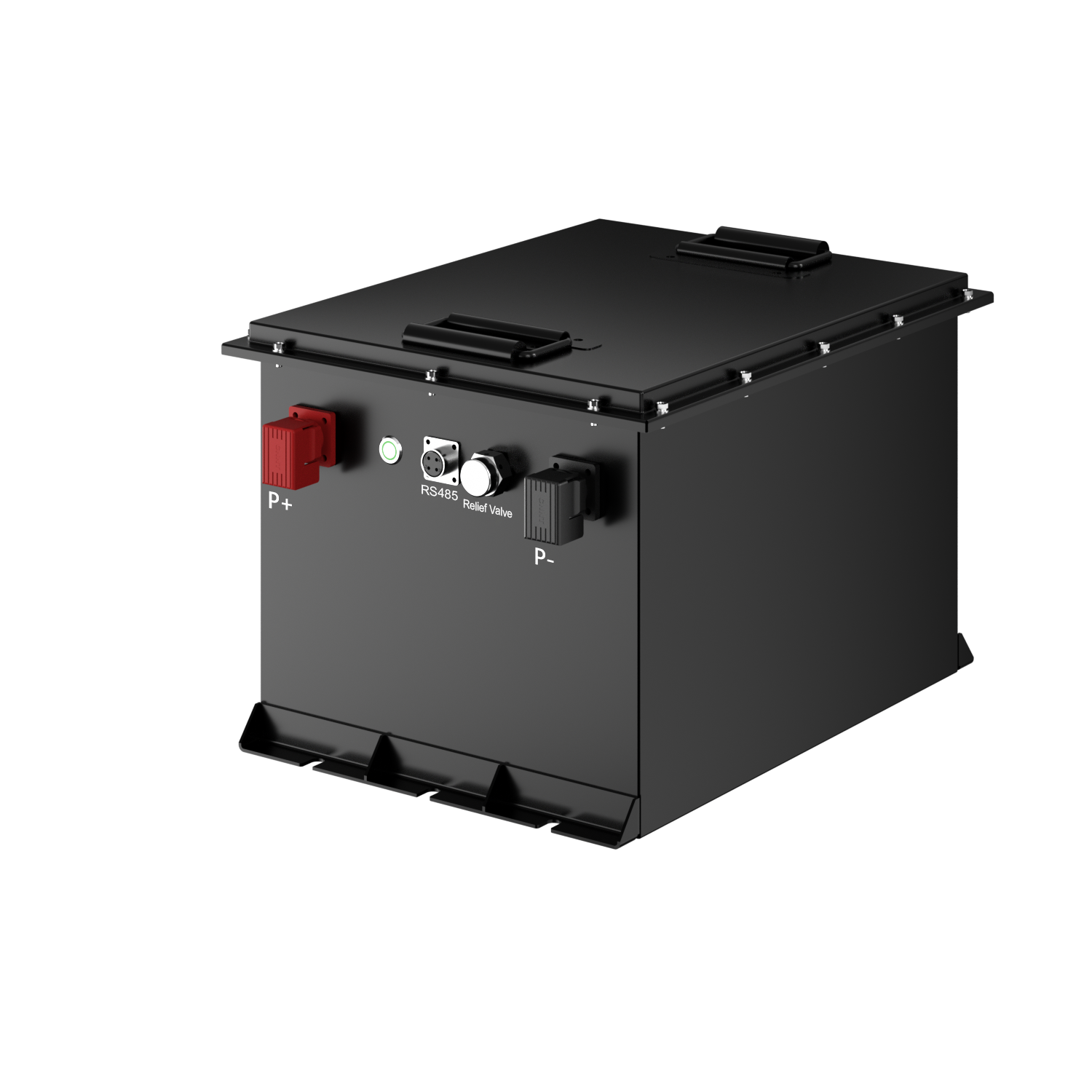
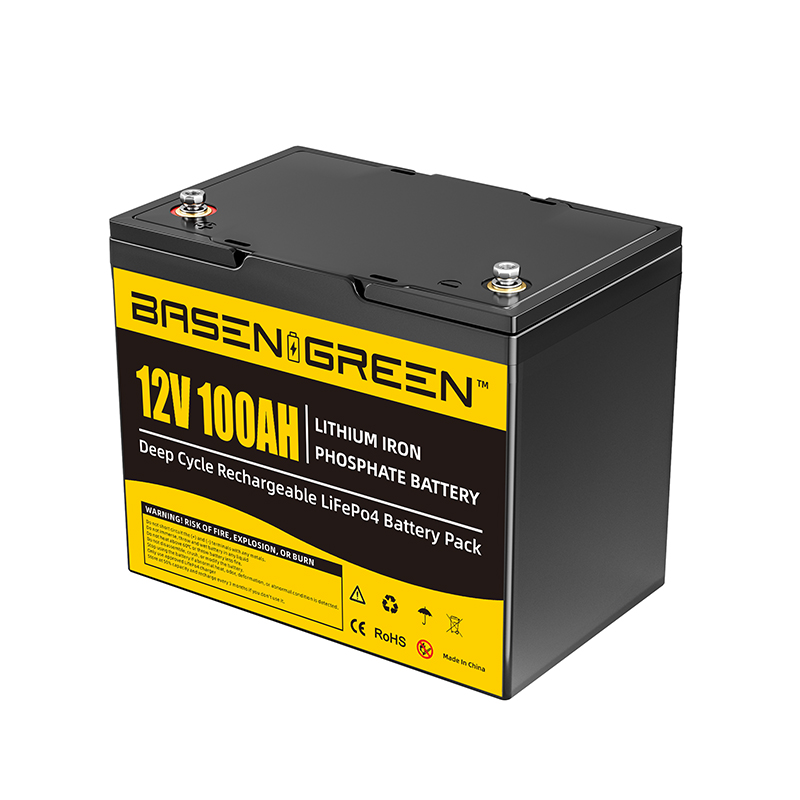

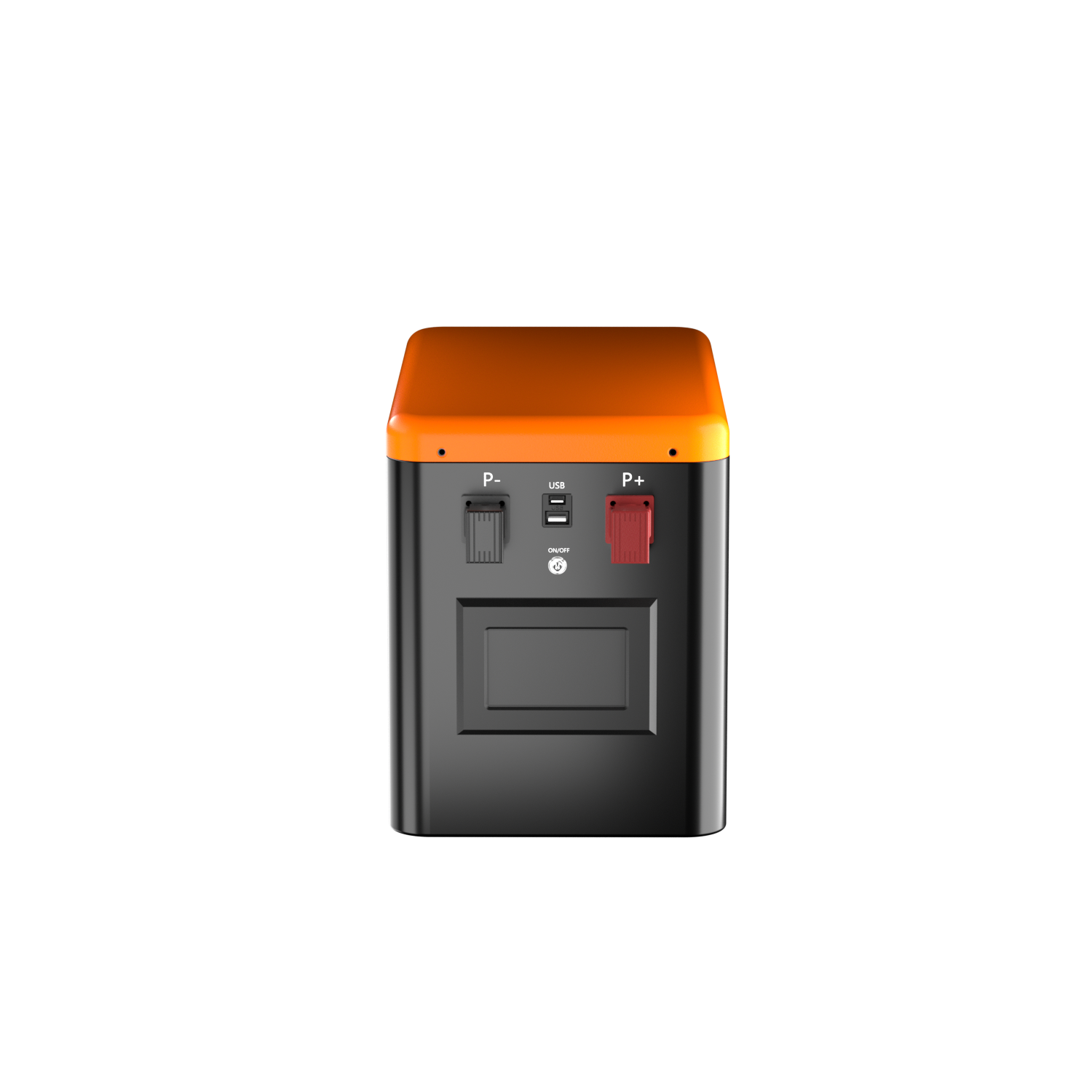
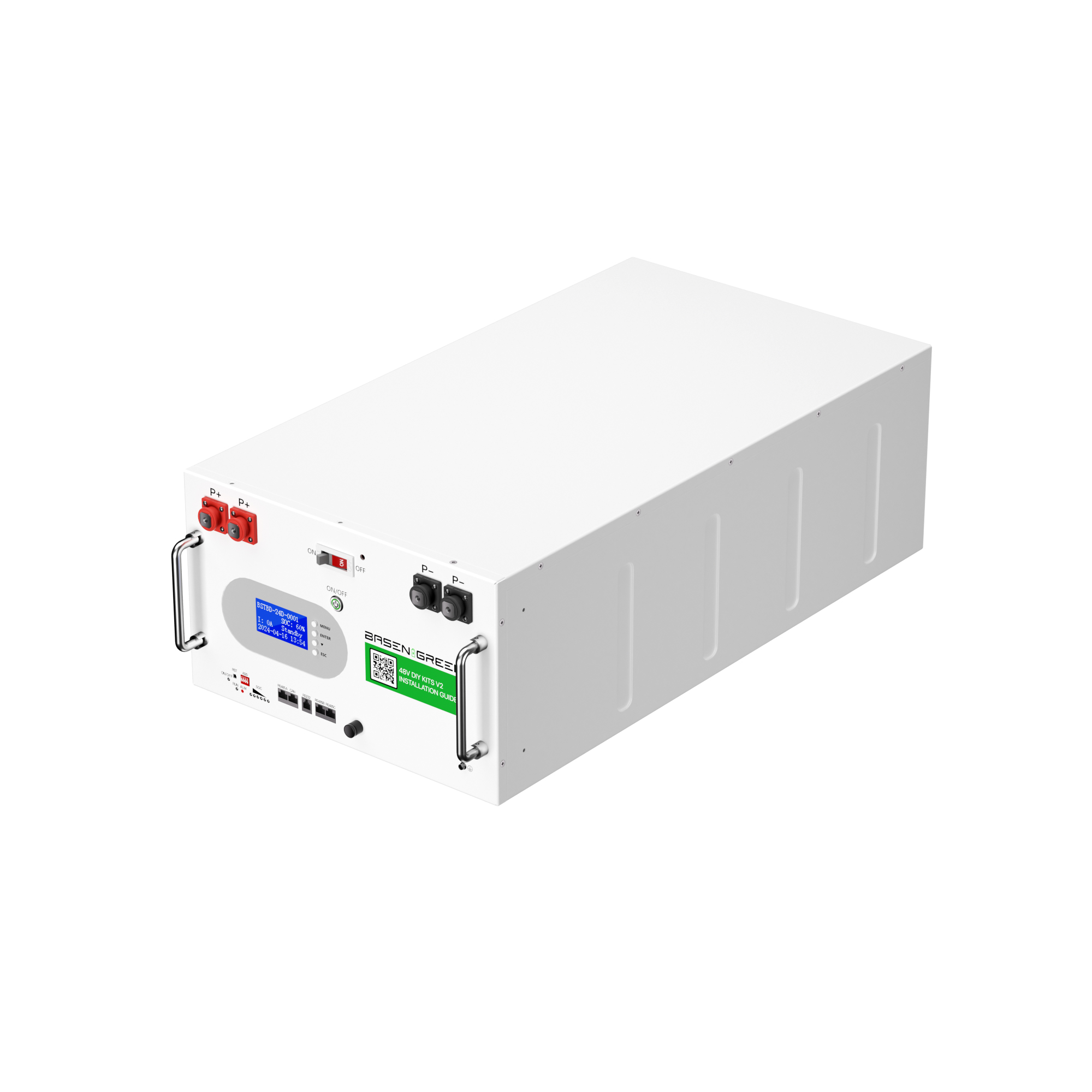
.png)